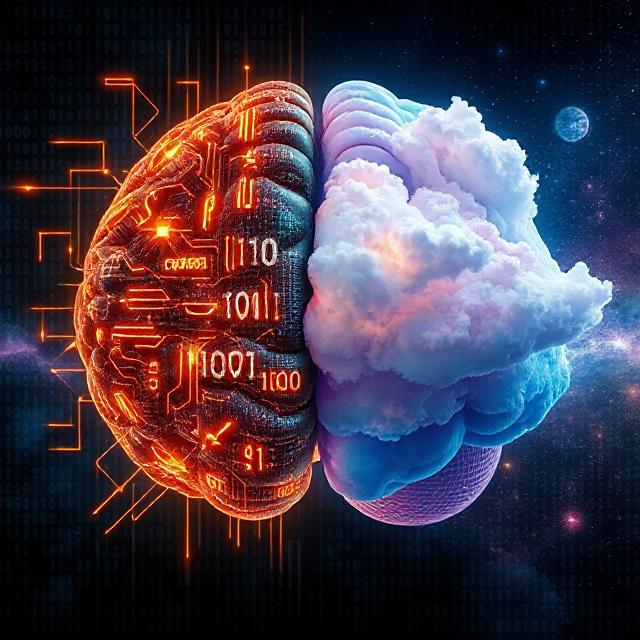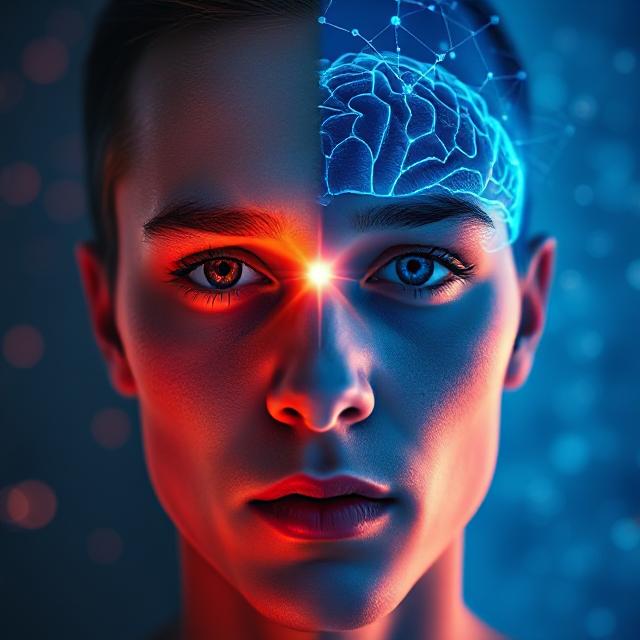Category: Branches of Philosophy
-
Is It Better to Be Just or Appear Just?

Is It Better to Be Just or Appear Just? The question “Is it better to be just or appear just?” strikes at the heart of ethical philosophy, political theory, and everyday human behavior. Justice is a foundational virtue in societies worldwide — but does justice lie in genuine moral integrity, or is the appearance of…
-
Can Logic Explain Consciousness?

Can Logic Explain Consciousness? The question, “Can logic explain consciousness?” sits at the intersection of philosophy, cognitive science, and artificial intelligence. Logic—the rigorous system of reasoning and inference—has long been the backbone of scientific inquiry. Yet consciousness, the subjective experience of being aware and sentient, stubbornly resists reduction to logical formulas or algorithms. If the…
-
Why Do People Believe in Conspiracy Theories?

Why Do People Believe in Conspiracy Theories? Why do people believe in conspiracy theories — ideas suggesting secret plots by powerful groups? From moon-landing deniers to QAnon, conspiracy thinking is widespread and influential. Whether harmless or harmful, conspiracy beliefs shape politics, health behavior, and trust in institutions. This article dives into the psychological, social, and…
-
📘 Book Review: Critique of Pure Reason by Immanuel Kant

📘 Book Review: Critique of Pure Reason by Immanuel Kant Introduction: Why Critique of Pure Reason Still Matters Immanuel Kant’s Critique of Pure Reason is a philosophical milestone—sometimes hailed as the most important book in modern philosophy. Published in 1781, Kant didn’t just ask questions; he transformed how we think about knowledge, reality, and the…
-
Memory and Personal Identity: Are You Your Memories?

Memory and Personal Identity: Are You Your Memories? Memory and personal identity are profoundly intertwined. Memory is not merely a mental record—it’s often considered the very thread that stitches together our sense of self over time. From ancient philosophy to modern neuroscience, thinkers have debated whether personal identity can exist independently of memory, or whether…
-
Do We Believe What We Feel or What We Think?

Do We Believe What We Feel or What We Think? In moments of decision or debate, we often assume we’re guided by reason. But are we really? Or do our emotions do the heavy lifting, while reason simply follows along for justification? This age-old question—do we believe what we feel or what we think?—sits at…
-
Belief perseverance: why minds resist change

Belief Perseverance: Why Minds Resist Change Belief perseverance refers to our stubborn tendency to hold on to beliefs even after the information that once justified them has been discredited. It is one of the most powerful cognitive biases shaping human behavior, especially in the age of information overload, echo chambers, and social media polarization. Understanding…
-
Can Faith Be Rational?

Can Faith Be Rational? Can faith be rational? This question has echoed through millennia of philosophical inquiry, theological reflection, and personal contemplation. It strikes at the core of what it means to believe in something without direct evidence, while still claiming intellectual integrity. At face value, faith and reason may seem like opposites—faith embracing the…
-
The Illusion of Control in Belief Systems

The Illusion of Control in Belief Systems The illusion of control in belief systems reveals how human beings often overestimate their ability to influence outcomes in a complex and unpredictable world. From ritualistic behaviors to deeply held religious convictions, many belief systems provide not only a sense of purpose—but also a comforting illusion that we…
-
Psychological Roots of Extremism

Psychological Roots of Extremism Psychological roots of extremism go far beyond ideology. Extremist behavior isn’t simply the result of political indoctrination or religious zeal; it often stems from deep emotional, social, and cognitive vulnerabilities. By investigating the mindsets and motivations that fuel radicalism, we can better understand why individuals become willing to commit extreme acts,…
